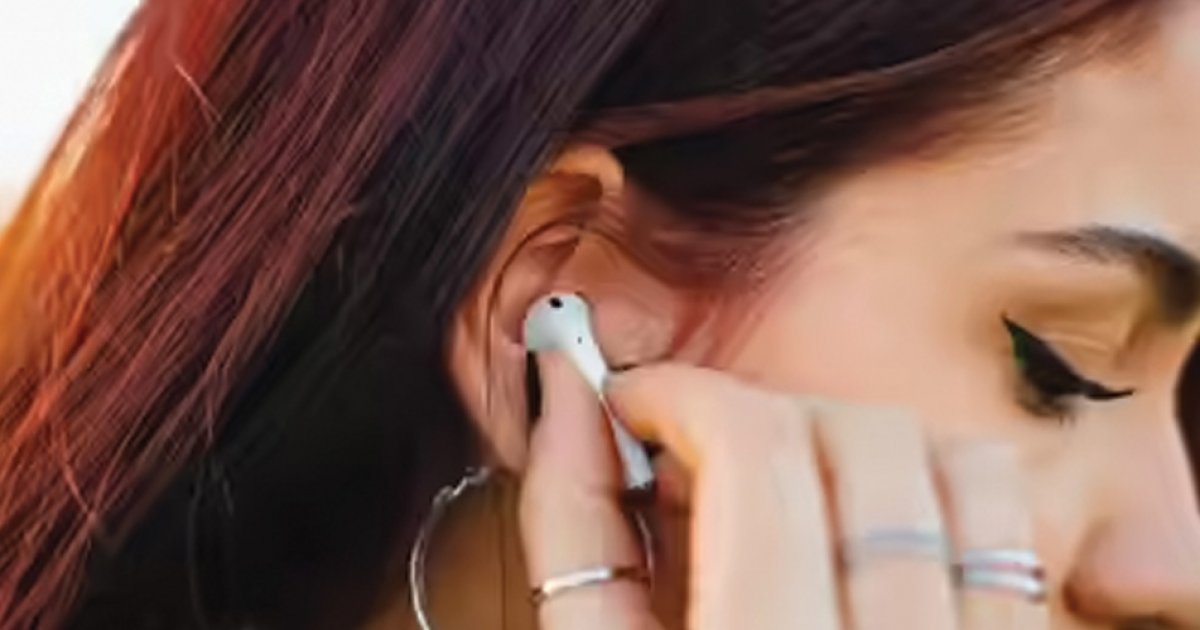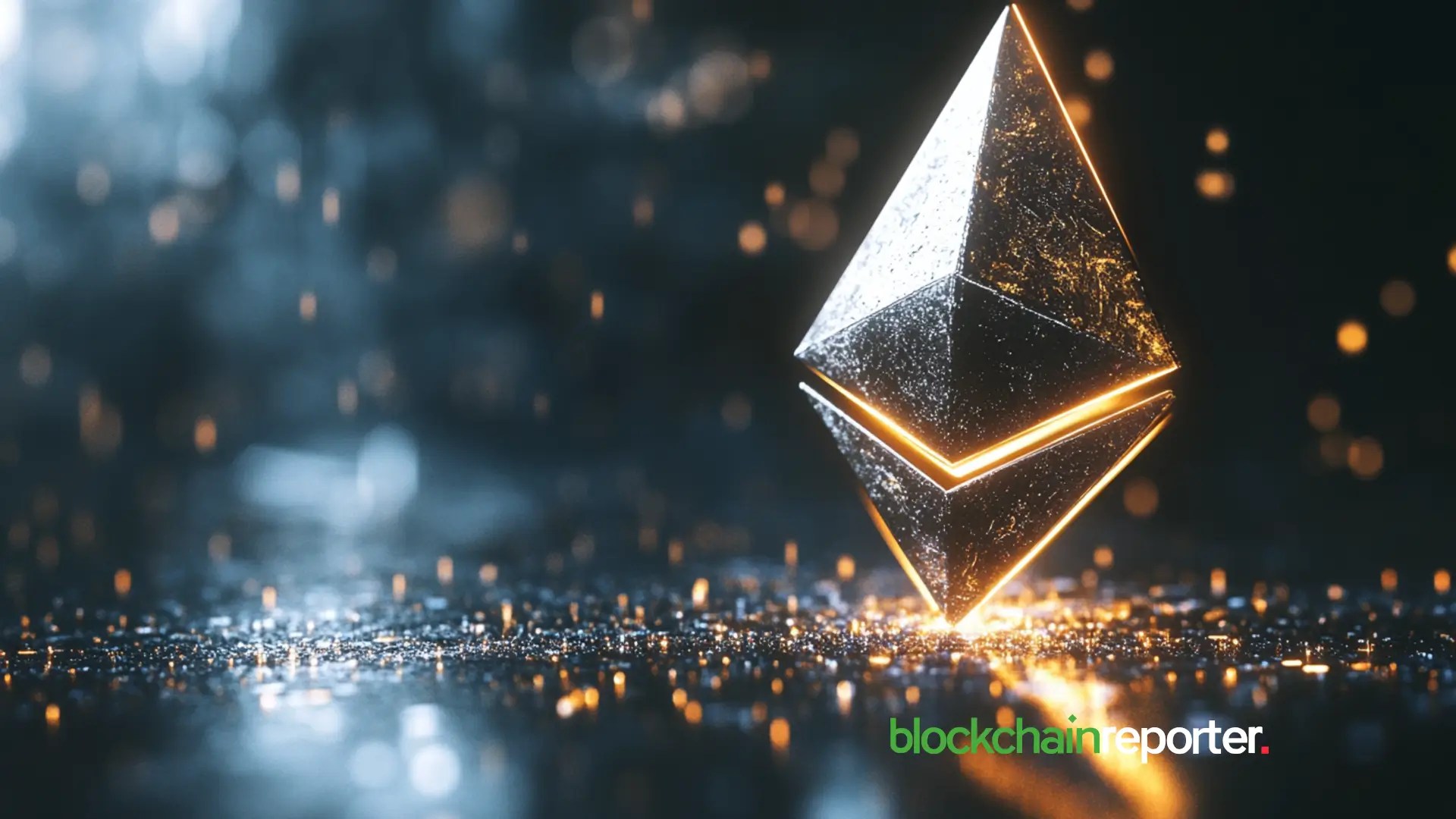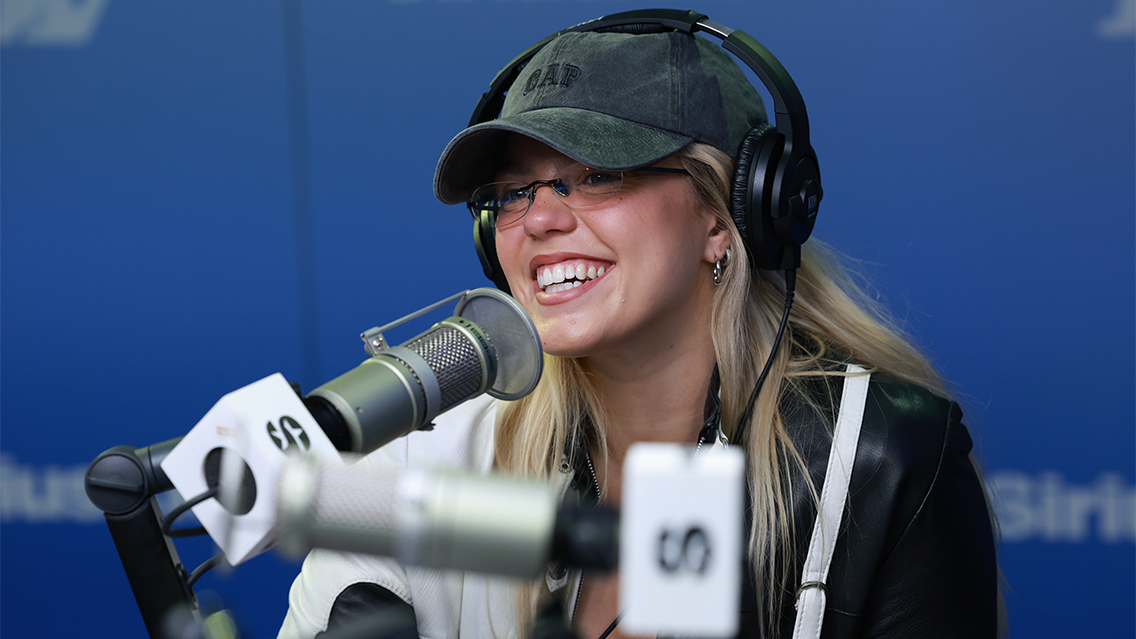In Legal Battle Over Social Media Music Licenses, One Brand Is Hitting Back at UMG & Sony
Shoe retailer DSW claims the major labels are using settlement demands to “bully” businesses into paying for songs they use on Instagram and TikTok.

A new lawsuit against Universal Music Group (UMG) and Sony Music Entertainment is flipping the script on the major labels’ common practice of taking legal action against businesses that don’t pay for the songs in their social media posts.
Nationwide shoe retailer DSW is one of many companies to be sued recently for using copyrighted songs in Instagram and TikTok videos without paying so-called “synch” licenses to the labels. But while many brands settle these claims, DSW is going on the offensive in an unusual federal lawsuit filed Wednesday (July 9).
While the labels and social media platforms have entered into blanket licensing agreements that allow users to access huge libraries of music for their videos, music companies require brands to get separate synch licenses for commercial and promotional posts.
DSW’s lawsuit says this is wrong, and the blanket licenses should cover businesses, too. Otherwise, alleges the shoe company, the labels are unfairly double-dipping to get extra fees on top of the hefty licenses already negotiated.
“In short, this case is about the labels’ greed,” write DSW’s lawyers from the firm Barnes & Thornburg.
The dispute began in May when Warner Music Group (WMG) filed a lawsuit alleging DSW’s social media posts used unlicensed songs by artists like Cardi B, Madonna and Taylor Swift. Sony and UMG then sent settlement demand letters to the shoe chain over many of the same allegedly unlicensed tracks.
DSW’s lawyers say such settlement demands, a common practice for the labels, are an attempt to “bully” brands in order to extract a payday. The complaint says that copyright lawsuits, even if ultimately meritless, are expensive to defend. Many companies will therefore settle immediately rather than risk costly litigation.
“The labels’ threats to file copyright infringement lawsuits based on [DSW’s] lawful conduct are simply opportunistic attempts to extract still more money for copyrights on which they have already received full compensation,” write the DSW attorneys. “The power to assert a copyright claim, even unlawfully, is a cudgel that can be used to force unjustified settlement payments from innocent users of social media platforms.”
DSW’s complaint quotes extensively from TikTok and Instagram’s terms of service, saying these legal disclaimers “do not distinguish between user accounts associated with individuals, businesses or other groups or entities.”
It’s worth noting, though, that TikTok’s terms of service specify that they apply only to “private, non-commercial use.” Similarly, guidelines from Instagram parent company Meta state, “Use of music for commercial or non-personal purposes in particular is prohibited unless you have obtained appropriate licenses.”
Reps for Sony and UMG declined to comment on the lawsuit.
The major labels’ practice of pursuing legal action over synch licenses dates back to 2021, when the big three all sued drink maker Bang Energy and obtained closely-watched court judgments.
Labels and publishers have since brought lawsuits over unlicensed music in social media posts against businesses ranging from Chili’s to NBA teams to car dealerships. The bulk of these cases get settled confidentially.
What's Your Reaction?










































